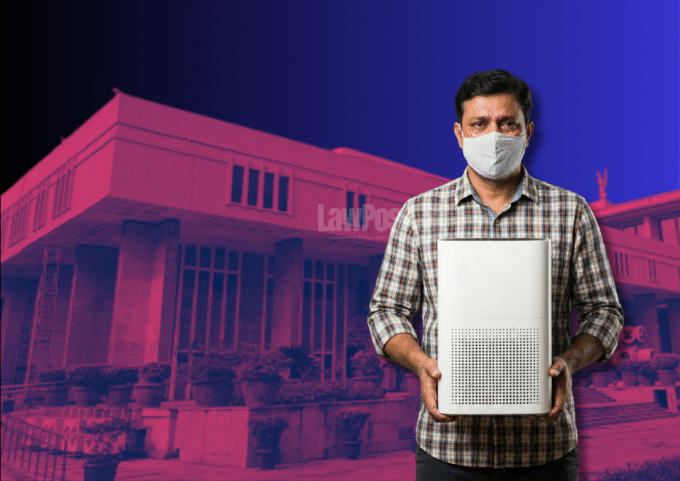In a landmark ruling, the Punjab and Haryana High Court has held that legible medical prescriptions and diagnosis form an integral part of the fundamental right to health under Article 21 of the Constitution of India.
Justice Jasgurpreet Singh Puri, in his judgment dated August 27, observed:
“Right to Life and Personal Liberty guaranteed under Article 21 of the Constitution of India encompasses the Right to Health, which further includes the Right to Know one’s legible Medical Prescription/Diagnosis/Medical documents and Treatment.”
The Court directed the National Medical Commission (NMC) to introduce and inculcate the importance of clear handwriting in prescriptions as part of the medical curriculum across India.
Until computerized or typed prescriptions are fully adopted, doctors in Punjab, Haryana, and Chandigarh have been instructed to write prescriptions in capital letters. The Court also asked the governments to frame a comprehensive policy for digitization of prescriptions within two years, with provision of financial assistance to clinical establishments and doctors if required.
Highlighting the risks of illegibility, the Court said:
“Illegibility leads to ambiguity and confusion which can in turn take on a patient’s life or health… If prescriptions are unclear, it jeopardizes the quality and safety of patients, hindering broader access to care and patient’s right to give free consent without having any knowledge as to what has been prescribed to them.”
The bench emphasized that this was not about undermining medical expertise but ensuring transparency for patients:
“The issue involved herein is not an issue of substitution which otherwise could be counter productive to the health of patients but the issue involved is only a right to know about the treatment being carried on towards him.”
Justice Puri further noted the relevance of digital health in modern times:
“The importance of legible and preferably digital/typed medical prescription has become pertinent and indispensable, especially in the present era of technological advancement where every information is accessible and available by a click on a screen.”
The Court had earlier taken suo motu cognizance of the matter after finding a medico-legal report to be illegible during a bail hearing.
While doctors’ associations did not appear in the matter, the States of Punjab and Haryana, along with the Union Territory of Chandigarh, have now directed doctors to comply with the High Court’s orders.
The Court also recalled similar directions issued by the Orissa and Uttarakhand High Courts, as well as a 2018 Allahabad High Court order that imposed a cost of ₹5,000 on a state doctor for “shabby handwriting” in a medico-legal report.
Concluding, the Court underlined its respect for the medical profession while balancing patients’ rights:
“This Court holds highest respect and regard for doctors and the medical profession, acknowledging their dedication to national service but at the same time, it is equally important to ensure that the Fundamental Rights of the people of India are duly safeguarded.”
Advocate Tanu Bedi served as amicus curiae in the case, assisted by advocates Simran, Vibhu Agnihotri, Pushp Jain, and Hanima Grewal. Multiple state counsels and representatives appeared for Punjab, Haryana, Chandigarh, the Union of India, PGIMER, and the National Medical Commission.








